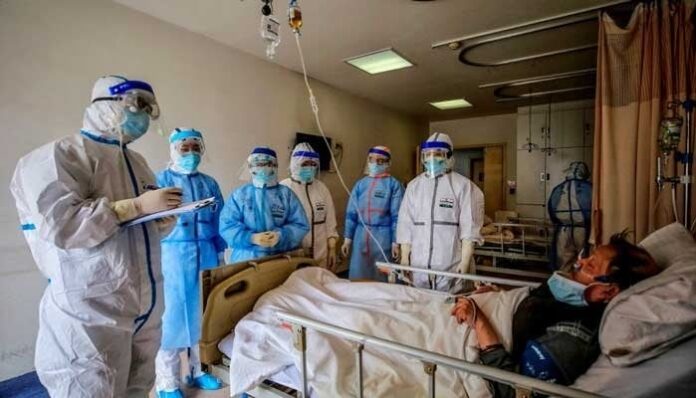ISLAMABAD: In Pakistan, the recent imposition of taxes on the already struggling healthcare sector has sparked widespread concern across the country.
The pharmaceutical industry has been severely impacted. Mohammad Bilal, the CEO of a pharmaceutical company in Karachi, painted a grim picture as he spoke about the devastating impact of recent government policies on the medicine sector.
“The tax imposed on medicines has halted 50 per cent of pharmaceutical production. Today, manufacturing has become impossible as the distributors have suffered huge losses, hence, supply has stopped. The government has imposed taxes on bottles, foils, and every material. Distributors are laying off employees. Now, medicines are becoming expensive for ordinary people.” said Bilal.
For ordinary citizens, the consequences are dire. The average salary of Pakistanis is low, and the increasing tax burden has exacerbated economic challenges for many.
Bilal said, “Here, the average salary is PKR (Pakistani Rupees) 25,000. The retail price of antibiotics which was PKR 180 has now become PKR 300. The pharmaceutical industry is in crisis. If I find a good opportunity, I will leave Pakistan,” Bilal said.
Beyond the pharmaceutical sector, the ripple effects of these taxes are reverberating throughout the city, amplifying the economic strain across various sectors.
This has resulted in escalated prices for essential commodities such as food and fuel, compounding the financial burden on ordinary citizens.
“The government is making everything expensive. Petrol, flour, sugar, everything has become expensive. Despite the public awareness of how the government came into power, there is a strong call for it to take action in the interest of its citizens,” Bilal said.
The healthcare condition in Pakistan faces significant challenges across various fronts.
The sector struggles with issues ranging from inadequate infrastructure and healthcare access disparities between urban and rural areas to shortages in medical supplies and skilled healthcare professionals. Public hospitals often lack resources, leading to overcrowding and substandard care in many cases.
Moreover, the recent imposition of taxes on medicines and healthcare services has further strained the system, making essential treatments less affordable for ordinary citizens. (ANI)







